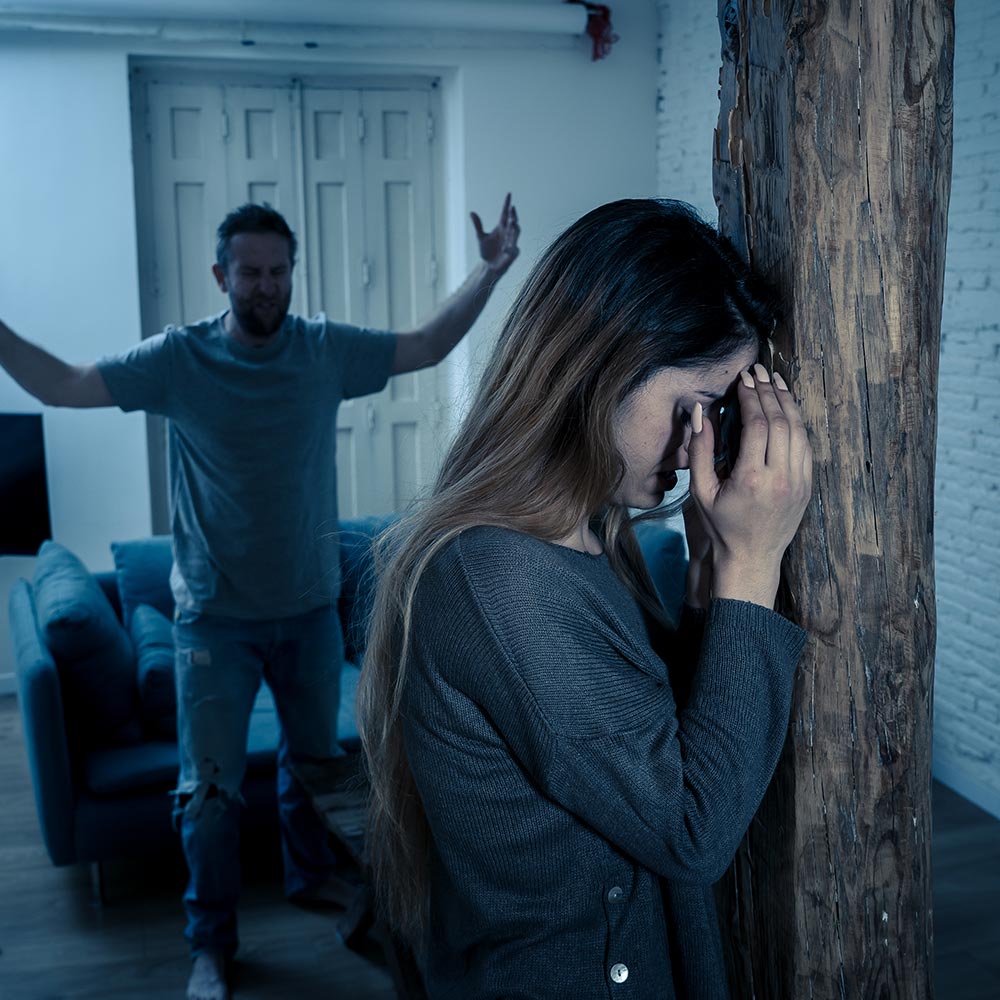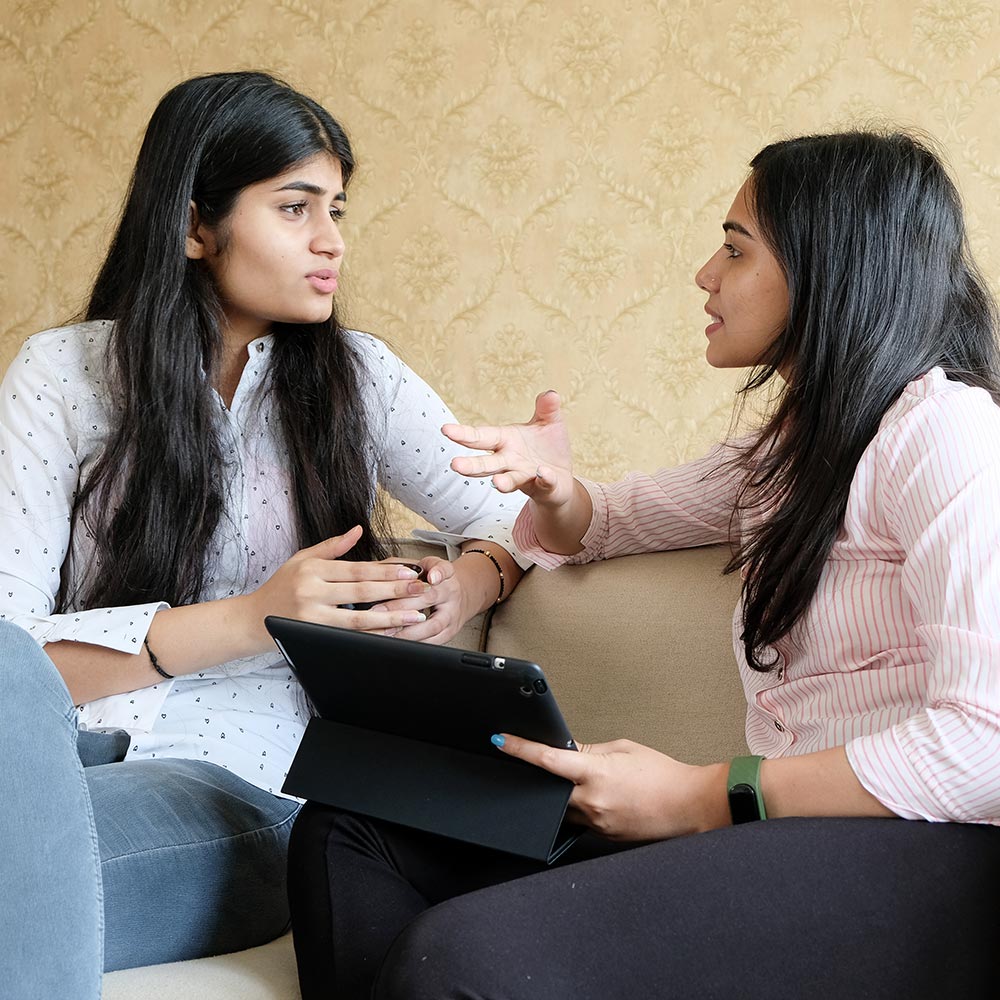Have you ever been in a situation in which you have a strong opinion about your best friend’s relationship? You absolutely despise her partner, can go on a whole different rant about their abusive behaviour and pray that your bestie finds someone they deserve.
And yet, you wonder if you should upload your perspective on her. You don’t want to influence her decisions, especially if she is not ready to make them at that point in her life. You don’t even know if your opinion is coming from a place of bias, or from the side of the story she narrates to you.
On the other hand, you don’t want to see your friend in trouble and hurt. Amidst all that chaos and self-doubt even, you land yourself in a dilemma—should you tell your friend you find her partner abusive?

Reflect on why you think her partner is abusive
Physical/verbal abuse is clearly recognisable. But we fail to clearly understand what constitutes mental/emotional abuse. It can be a lot of things, and we wonder if it’s just in our heads. This is where you must take time out to reflect if what you think is abuse, is actually abuse—and not just your personal bias. Read more about Intimate Partner Violence to understand the signs.
Check if she is ready
Even if you choose to tell your friend that you find their partner to be abusive, the timing should be right. Sometimes, a person in an abusive relationship isn’t ready to take on any advice or knowledge that makes them face the ugly reality of their situation. They are mentally so exhausted that they just block you out, and you may not even be able to support them when they need you.
Your best friend may not be ready to cope with your opinions, especially if it shows them the reality of their relationship.
Thus, it is important to first and foremost, listen to them and ask them questions that help them gradually come to terms with what is happening. And if they are ready to face the situation, and you know that their relationship shows all signs of abuse, be there for them.

Help her find a counsellor
Whether you are able to give them your opinion or not, a person needs to feel empowered enough to accept it and act on it. It is advisable to help your friend connect to a counsellor who can assess their situation through expertise in psychology and relationships. They will be able to work with them better in order to help them introspect and find the necessary psychological tool kit to deal with their problems.
Know your role
As much as you feel for your friend, know that you cannot make decisions for them. You can only offer them the support that empowers them to make independent choices. Of course, in case of physical violence, you can always alert the authorities.
How to support a friend in an abusive relationship
1) Listen to them.
2) Don’t judge, don’t get frustrated with them if they find it hard to leave.
3) Stay connected. Let them know you are available in emergencies.
4) Ask them what they need.
5) Let them make decisions independently.
6) Don’t invalidate their experiences of abuse.
Helplines one should know of
· Women In Distress (All India) – 1091
· Women Domestic Abuse Helpline – 181
· National Commission For Women (NCW) - 011-26942369, 26944754
· NCW Domestic Violence 24x7 Helpline For Sexual Violence And Harassment – 7827170170
· Student/Child Helpline – 1098
· Counselling Services For Women In Distress – 3317004
Also Read: ‘My Partner Allows Me To…’: Everything Wrong With Sentences That Begin Like That